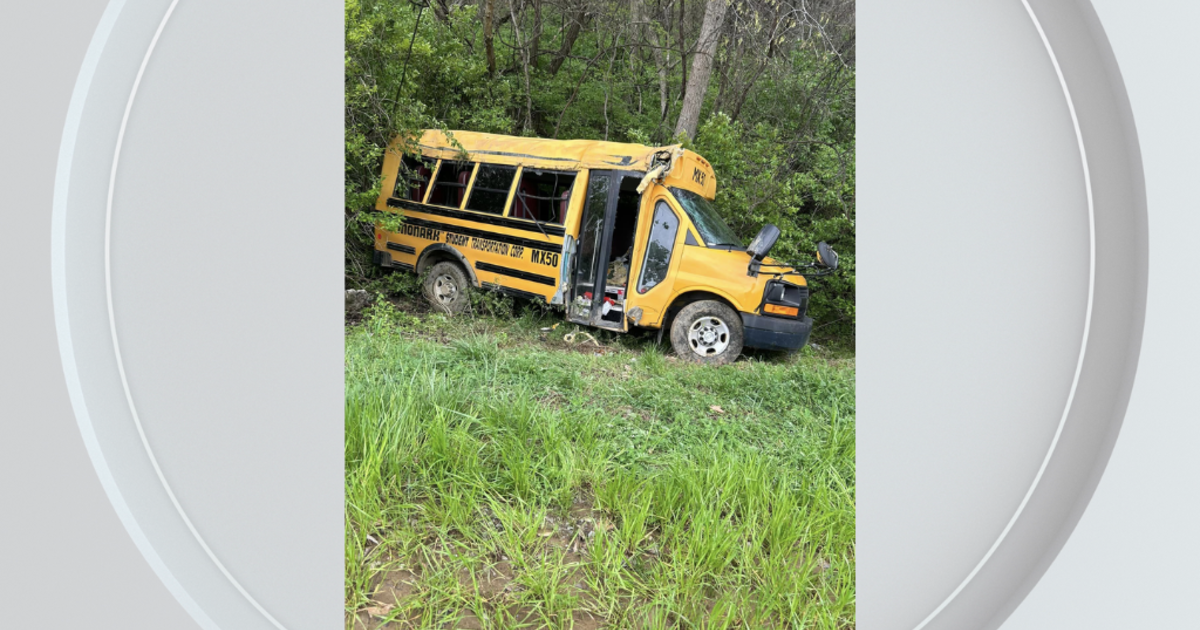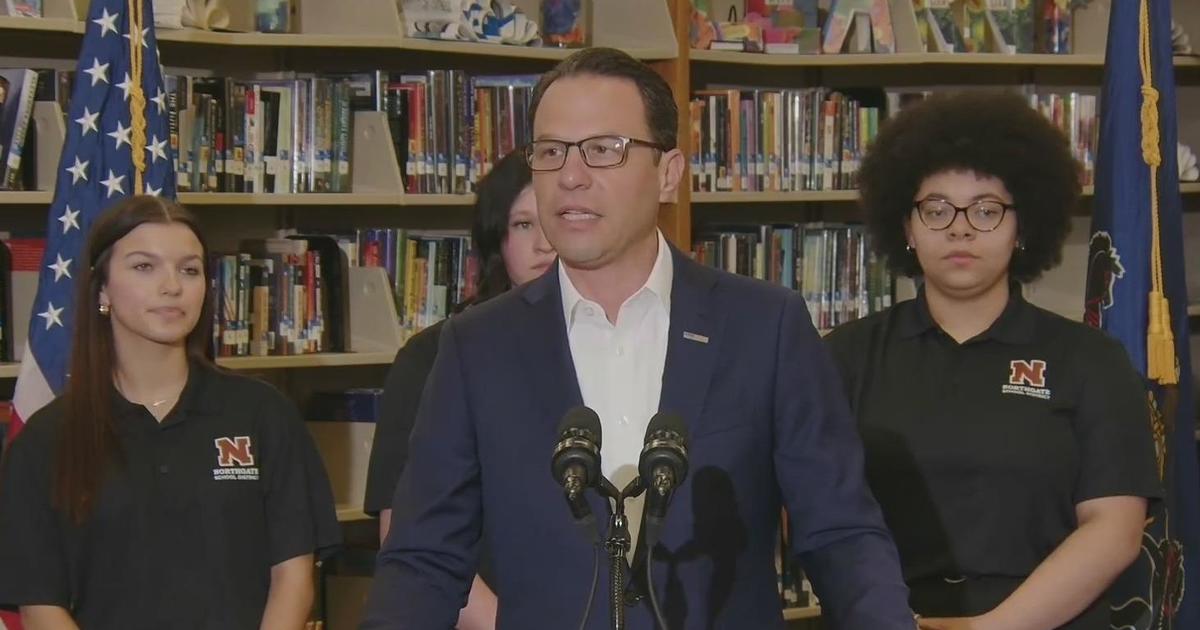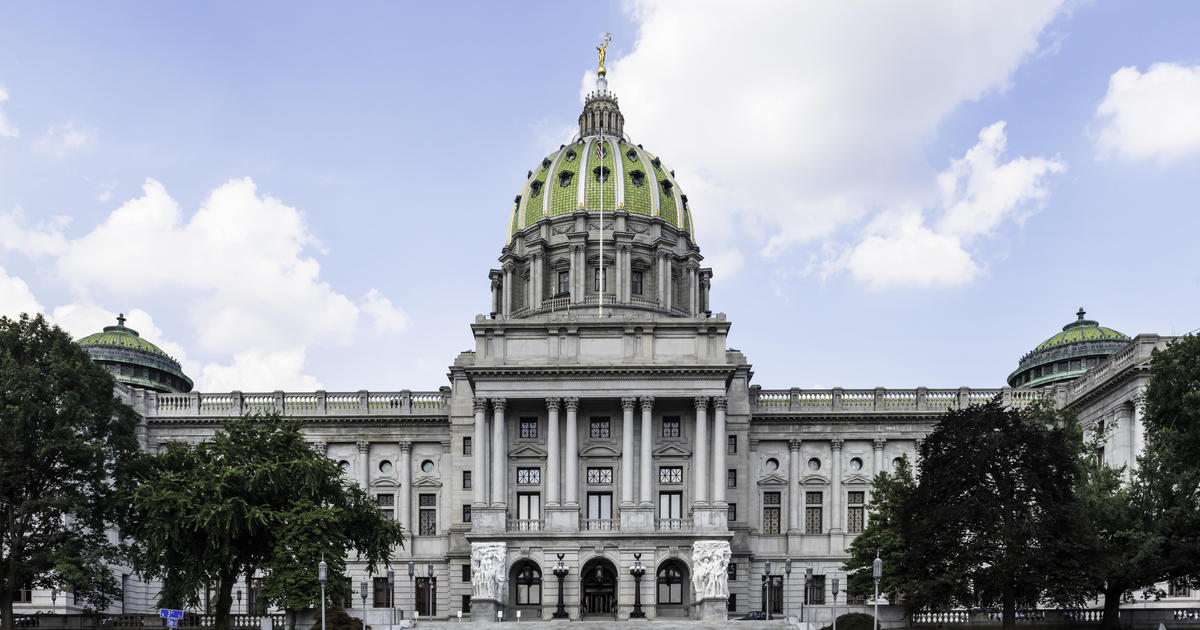Controversial Education Bill Both Divides, Unites Teachers & School Boards
Follow KDKA-TV: Facebook | Twitter
PITTSBURGH (KDKA) -- School boards applaud a bill, they say, could help them control spending in public education by allowing teacher lay-offs when economically required.
A controversial omnibus education bill was approved last week by the state House and is now in the state Senate.
Why the controversy?
Because it would allow school districts to lay off teachers for economic reasons -- and ignore seniority in making those lay-offs.
"Right now school districts are encumbered to comply with the current law which does not allow for furloughs for economic reasons -- economic/financial reasons," South Park school director Patrick Sable told KDKA political editor Jon Delano on Monday.
Sable says current law ties the hands of school officials.
Delano: "Are you saying they cannot furlough a teacher when they run out of money?"
Sable: "That's exactly the way the law says currently. There are only three determining factors that allow you to furlough teachers, and it's declining enrollment, consolidation of schools, or elimination of programs."
School officials say they really need the flexibility of using economics to decide whether to lay off teachers and other school personnel.
Otherwise, they have no choice but to raise property taxes.
Under House Bill 178, school districts could lay off teachers instead -- and the furlough could be based on performance evaluations, not seniority as current law requires.
That brings an outcry from teacher unions.
"Seniority is extraordinarily important and part of that is also mentoring our younger teachers," says Nina Esposito-Visgitis, president of the Pittsburgh Federation of Teachers.
"So I can't tell you how important seniority is, particularly with the type of evaluation system we have now."
Esposito-Visgitis worries about unfair evaluations and calls furloughs based on economics "scary."
"I do worry about districts hiding money, or claiming that there are some kind of economic reasons and jacking up class sizes when really it's to save money."
Despite that dispute, there are some provisions in HB 178 that unite both school boards and teachers, like putting off the Keystone Exam requirement until 2020.
"I think it was not a well thought out system from the beginning," says Esposito-Visgitis.
"The amount of testing going on appears to be more than necessary," adds Sable.
Sable and Esposito-Visgitis agree on several provisions of the bill, including mandatory training for school board members.
"It is a thankless non-paid job. Absolutely. But should they have training when they are making important decisions for our schools and our students and our teachers? Absolutely," says Esposito-Visgitis.
"I absolutely endorse that," adds Sable.
And how about a provision to end lunch-shaming for kids whose parents are behind paying for lunch programs.
"No school employee that I know wants to see a child go without an opportunity to eat lunch or eat breakfast," says Sable.
"I think it's ridiculous to do that to kids, to punish the kids," adds Esposito-Visgitis.
Because this omnibus school bill contains provision that Gov. Tom Wolf both likes and dislikes, if the Senate passes this bill, it's going to put the governor between a rock and a hard place.
So far, Wolf says he wants to see the final bill before deciding whether to sign or veto it.



